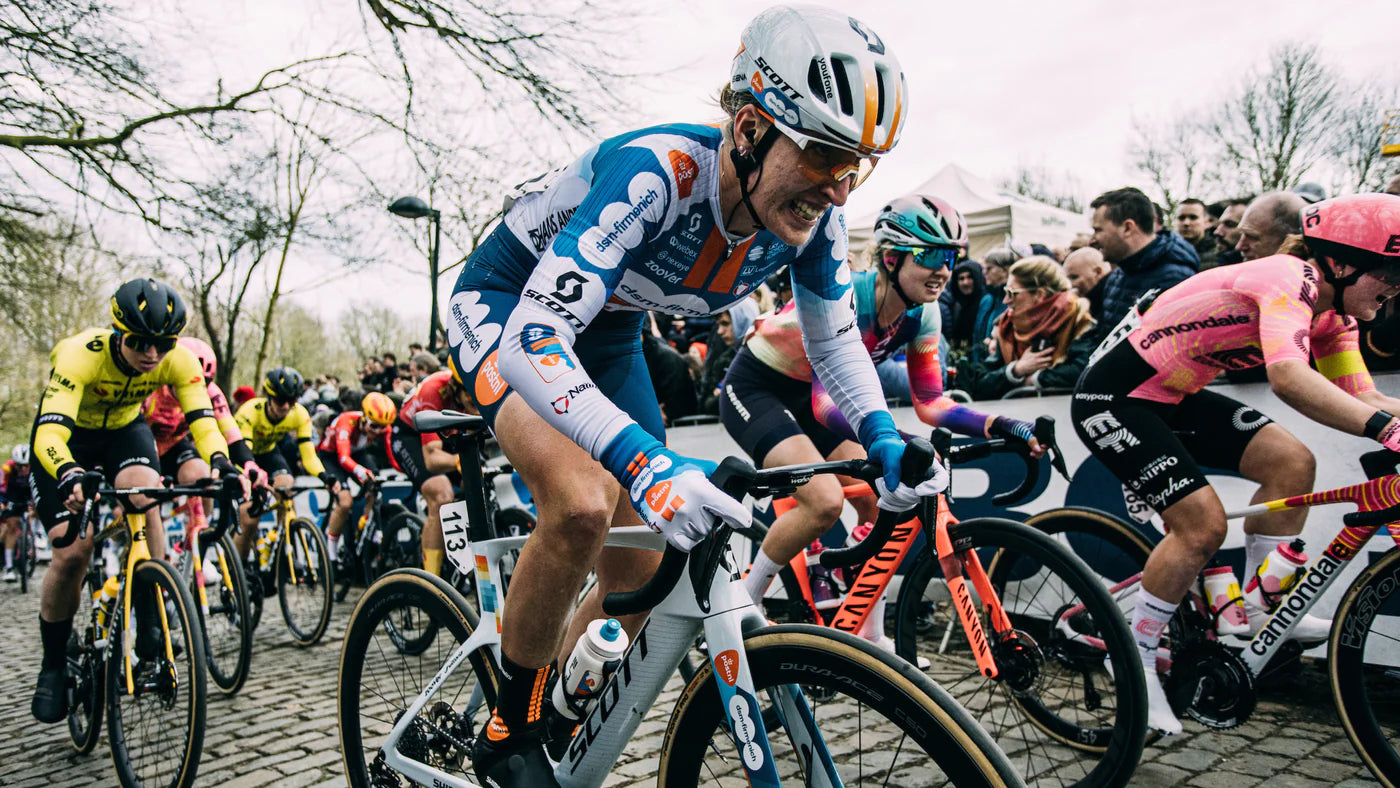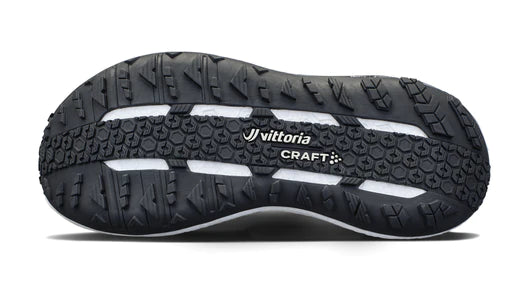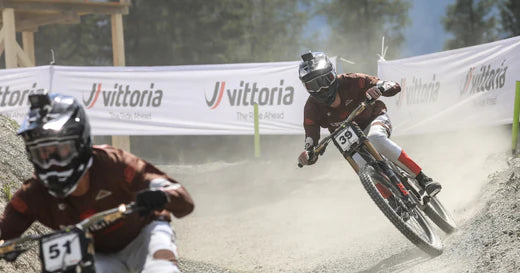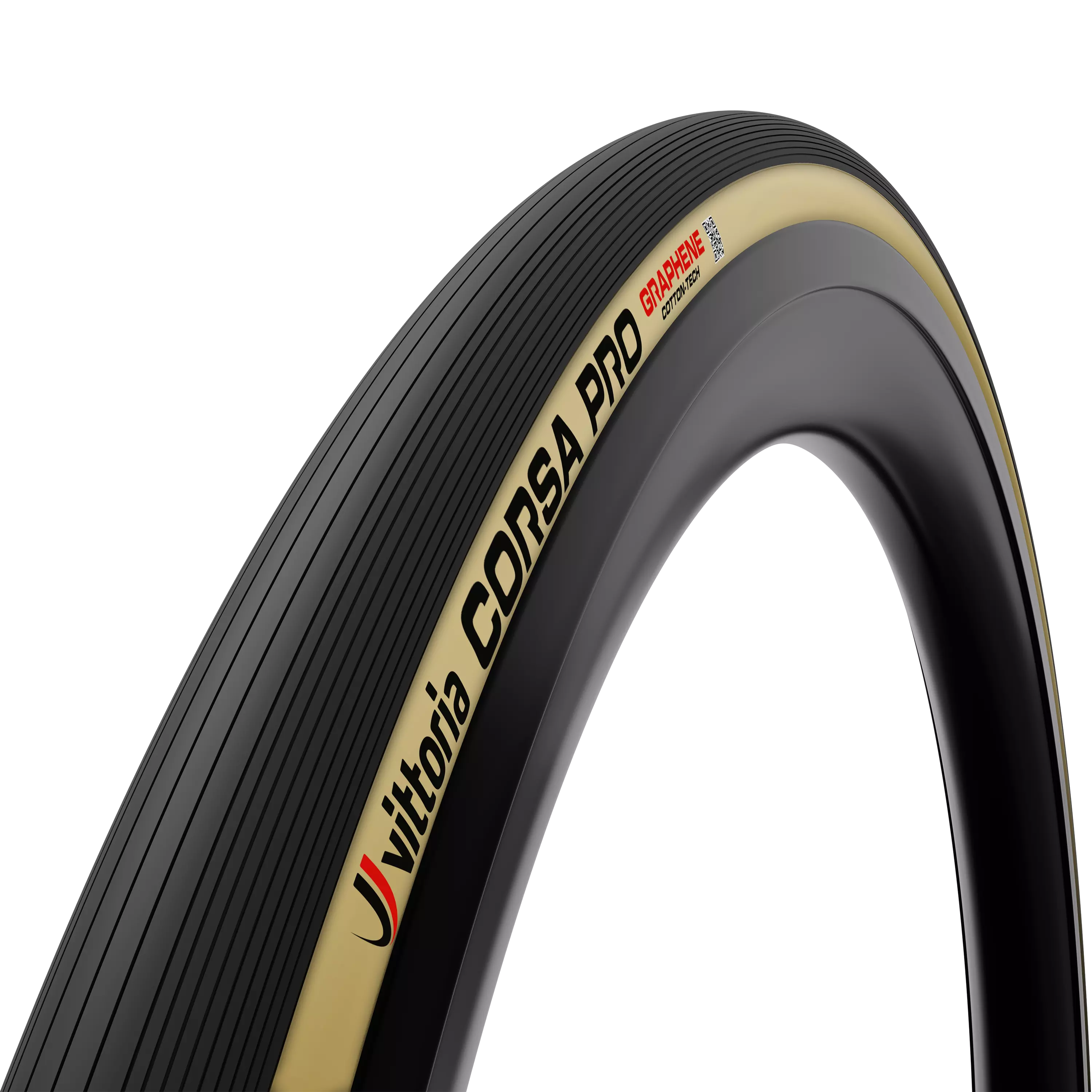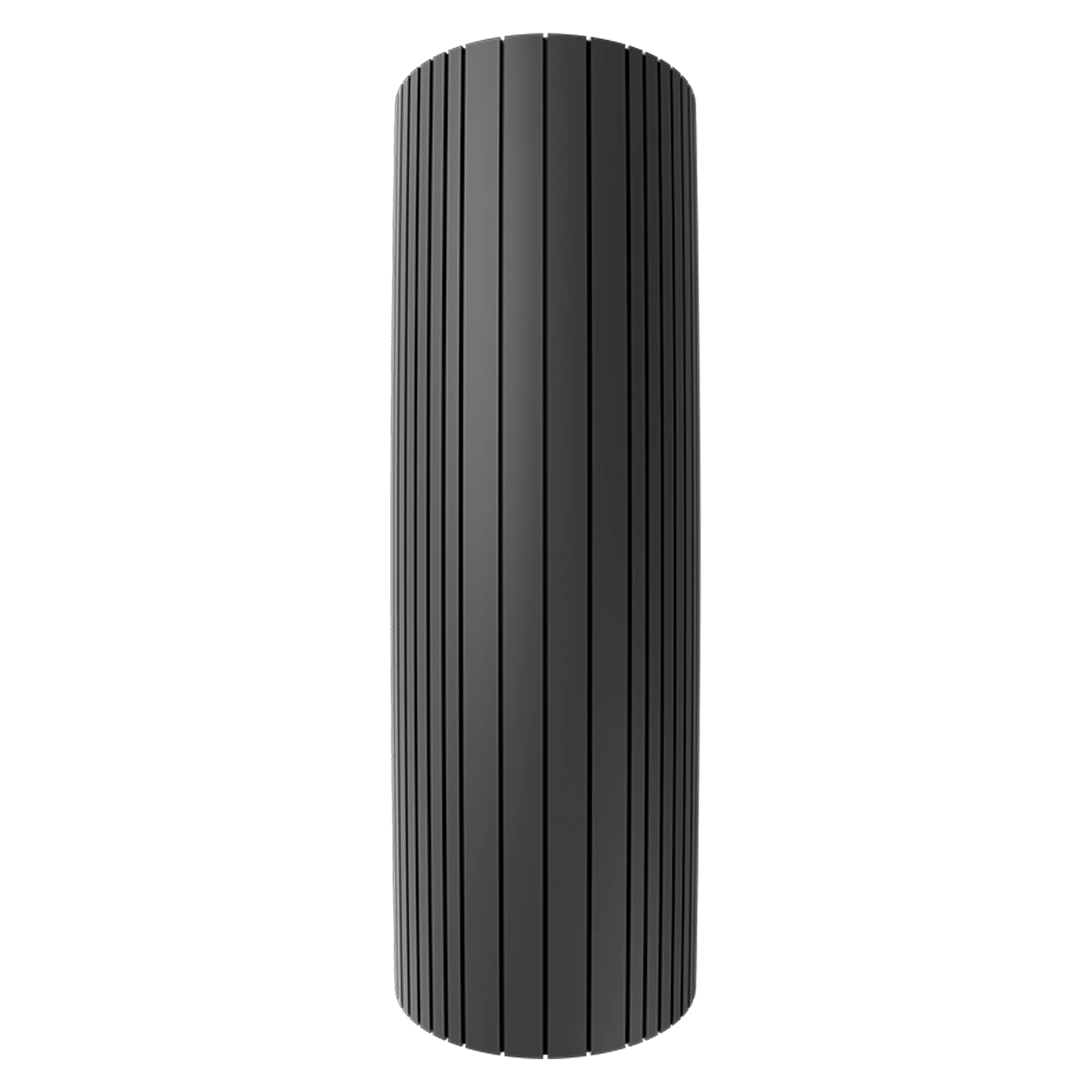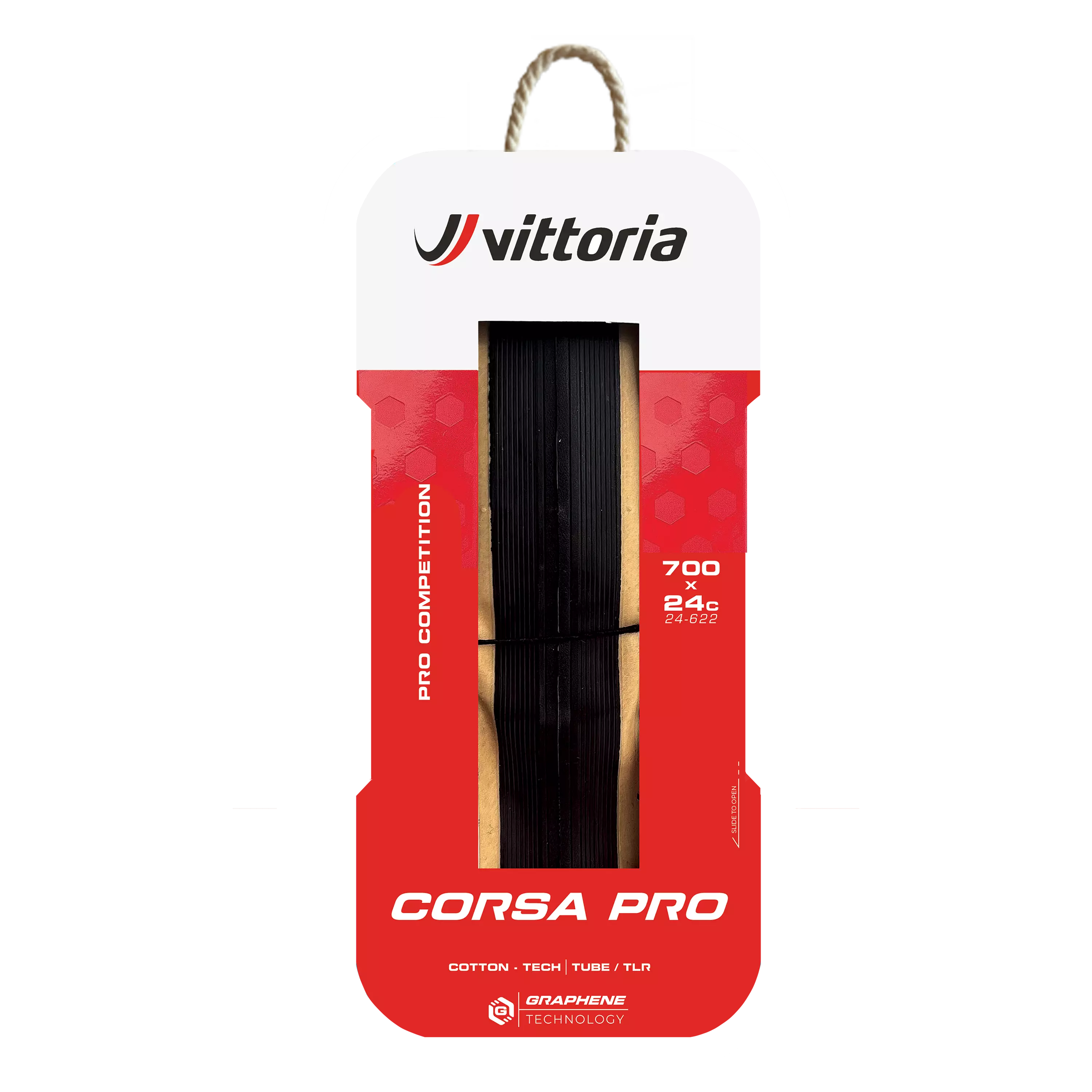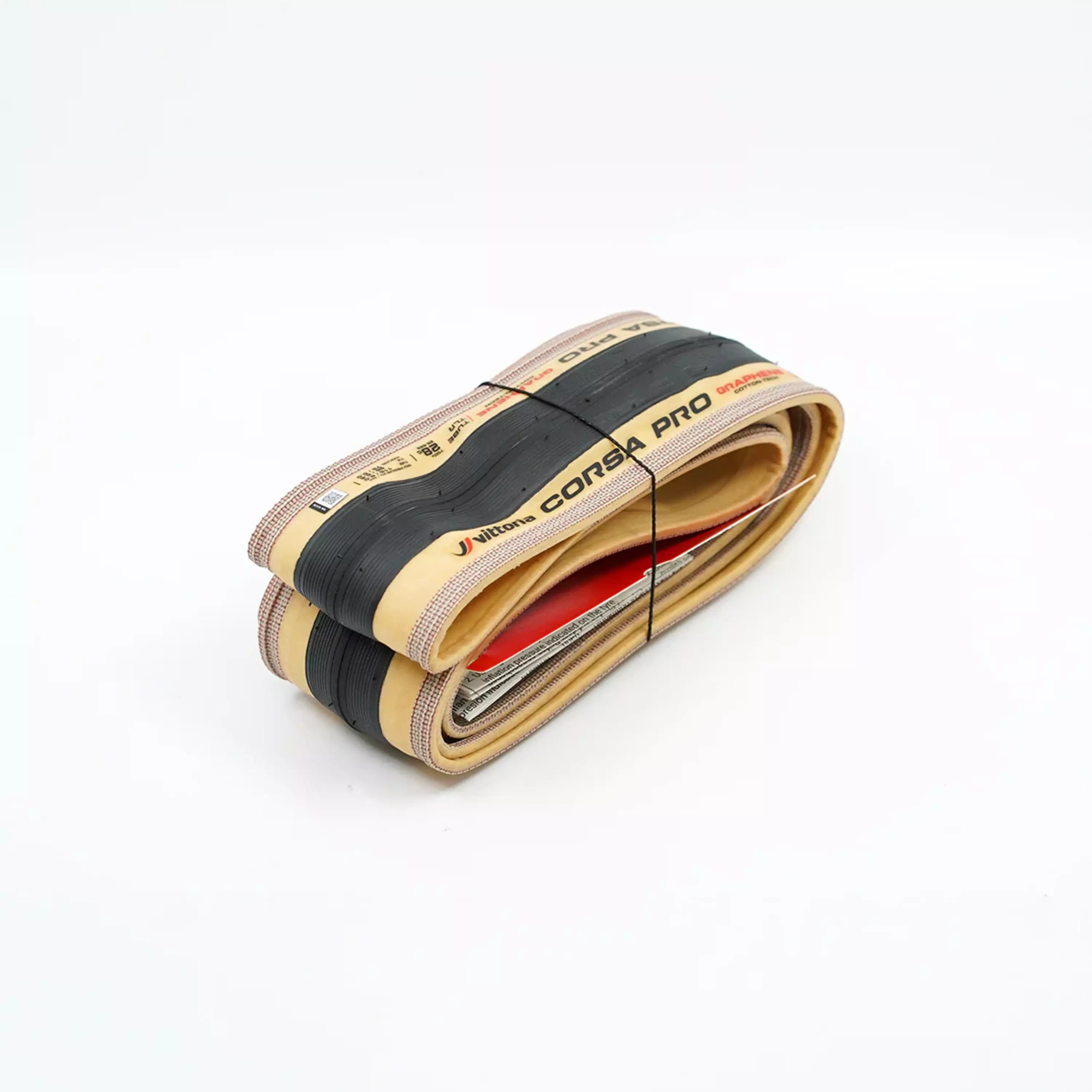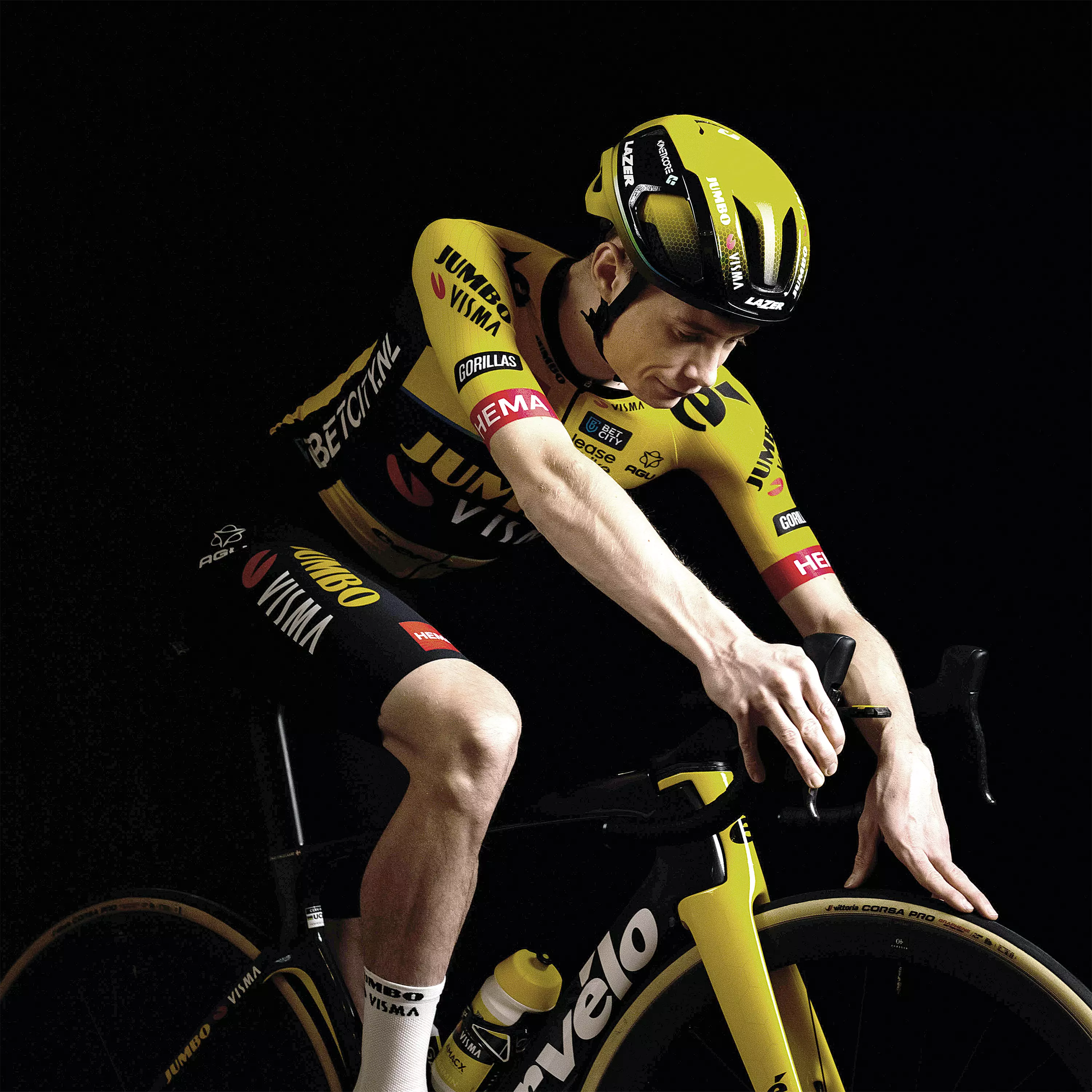The one-day races in Belgium and the north of France are not comparable to “normal” races throughout the season. The routes, the cobble sections, and the way the classics are raced make them some of the most exciting but equally most challenging races of the calendar. In this blog, we will have a look with Team dsm-firmenich PostNL at the challenges of cobbles and how to overcome them.
While the Flemish classics are quite similar when it comes to the challenges for the material, Paris-Roubaix and its famous Pavé sectors can’t be compared with any other race. Although the “hell of the north” might offer some tougher challenges, there are quite some things related to the bicycle setup that are the same for all classics.
“Although the Belgian classics have a different characteristic compared to Paris-Roubaix, both contain cobbled roads that are not comfortable to ride. Our goal is to add some comfort for our riders when riding the cobbles while also having resistant materials to avoid any mechanicals,” says Team dsm-firmenich PostNL R&D expert Piet Rooijakkers.
The tires are a crucial part of the setup and an important factor in the classics, as they are the direct contact point of the bike and the cobbles. The Vittoria Corsa PRO Control will be the team's tire choice to tackle the rough cobbles of the upcoming classics.
This tire is made to provide racing performance on the most extreme road surfaces, under the most extreme weather conditions. In fact, the Corsa PRO Control features a new fishbone texture for increased handling capability when cornering and a thicker tread for increased puncture protection and extended wear life, making it the perfect tire choice for the Classics.
The Corsa PRO Control is a high-grip, high-confidence racing tire with an impossibly supple connection to the road and race-tuned rolling resistance. Compared to the standard Corsa PRO, the Control also has additional puncture resistance due to its slightly thicker tread.
“We can’t get too much into the details of our specific setup, but full tubeless tires have become the proven choice over the last years. While the tire pressure remains our secret, we can say that we choose 28- or 30-millimeters wide tires for the Flemish classics and 32-millimeters wide ones for Paris-Roubaix,” adds Piet Roijakkers.
Team dsm-firmenich PostNL will also rely on Vittoria’s Air-Liner Road tire insert for increased shock absorption and safety. Born and tested on the cobbles of Flanders and Paris-Roubaix, the Air-Liner Road brings increased stability, comfort, and safety to the entire tubeless system. The Air-Liner Road’s high-density polymer compresses under air pressure, letting the tire’s casing and compound maintain a supple feel and responsiveness while the tire is inflated. In the event of a puncture, the Air-Liner Road expands to fill the void, keeping the tire secure on the rim bead.

The Air-Liner Road turns the tires into a shock-absorbing suspension by maintaining a bead lock and preventing rim strikes at lower PSI. Lower rolling resistance, a smoother ride, and increased traction while hammering, cornering, and braking on the cobbles.
As you can see, a lot of thought work goes into finding the perfect setup for the challenges of the classics to combine comfort with the best possible performance. Together with Team dsm-firmenich PostNL mechanics, we made big steps in bringing all aspects together and to be ready for the challenges of those exciting races.
